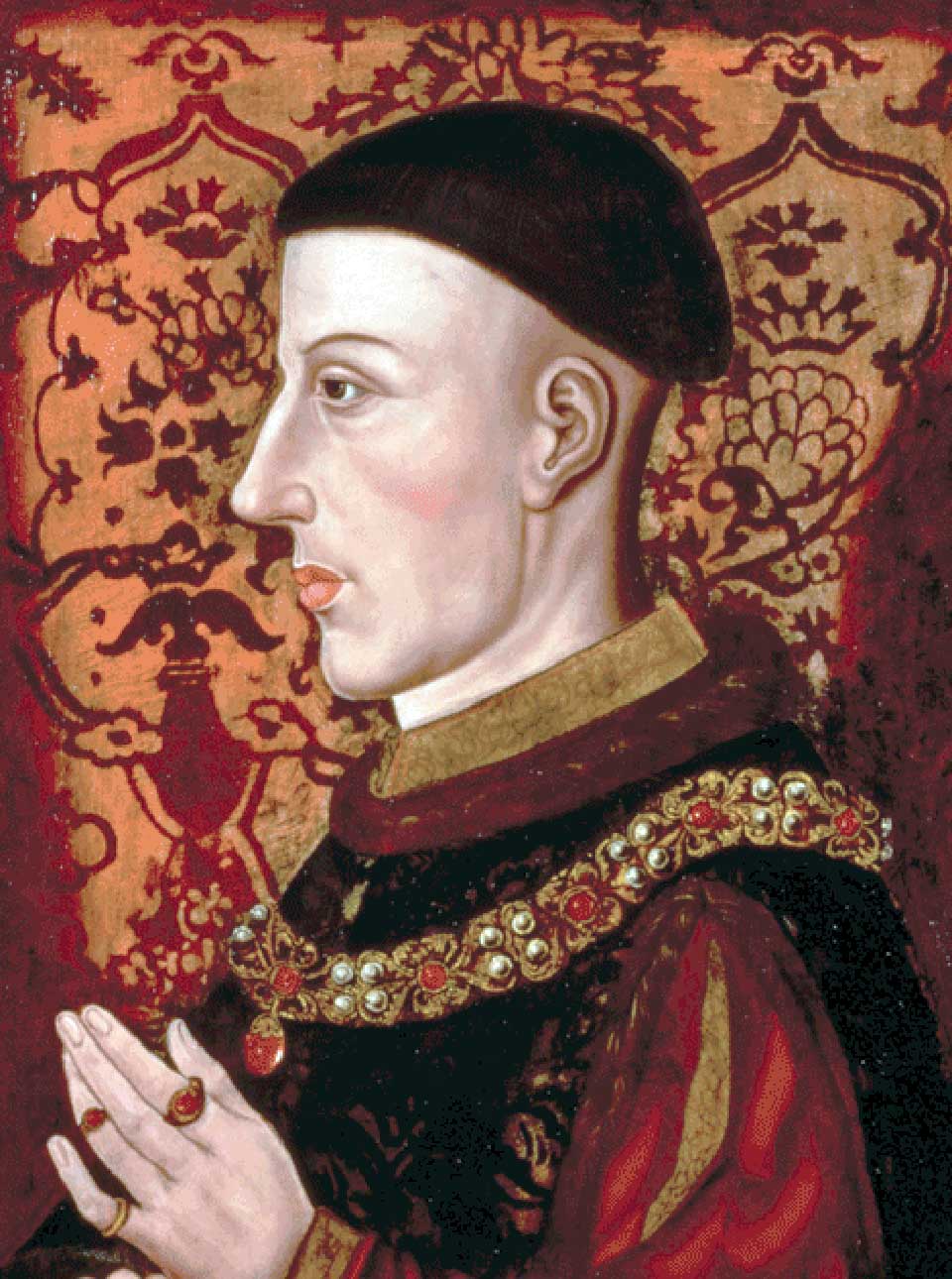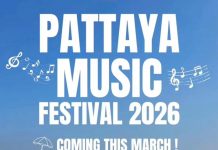
I suppose that if you had the money to live in comfort, the right social connections and a wealthy position in educated society, the Renaissance would have been a stimulating time in which to live. You couldn’t have lived through all of it, because it lasted several hundred years. But you know, it’s difficult to put a starting date on the Renaissance partly because it spread across Europe at the speed of a leisurely donkey. While most books place the beginnings in Florence sometime during the 15th century, some historians claim that there was a kind of proto-Renaissance which began sometime around 1250 or 1300. This period is also known as the Late Middle Ages and there’s a great deal of overlap. Yes, its all a bit vague but it’s easy to forget that expressions like “Middle Ages” and “Renaissance” are relatively modern, created to bring some kind of order and understanding to events of the past.
The word “Renaissance” means “re-birth” and it affected almost every aspect of European culture including science, philosophy, literature and the arts. In was a gradual change of attitude and a different way of thinking. In a way, the collective mind-set of the Renaissance bridged the gap between the Middle Ages and modern-day civilization and brought us celebrities such as Leonardo da Vinci, Decartes, Galileo, Titian, Botticelli, Gutenberg, Copernicus, Chaucer, Dante, Milton and Shakespeare.
American historian Rebecca Arkenberg wrote, “Music was an essential part of civic, religious, and courtly life in the Renaissance. The rich interchange of ideas in Europe, as well as political, economic, and religious events in the period 1400–1600 led to major changes in styles of composing, methods of disseminating music, new musical genres, and the development of musical instruments. The most important music of the early Renaissance was composed for use by the church.”
By the end of the sixteenth century patronage had broadened and included Protestant churches, royal courts and wealthy amateurs. Techniques had been developed to print music and music publishing flourished, especially in Northern Europe.
Leonel Power (1370-1445): Beata progenies. Ensemble Ligeriana dir. Katia Caré (Duration: 04:17; Video: 1090p HD)
Leonel Power achieved considerable fame during his lifetime and he’s the composer best represented in the Old Hall Manuscript, one of the only undamaged sources of English music from the early 15th century. English spelling was more chaotic than it is today and his first name has variously appeared as Lionel, Lyonel, Leonellus and even sometimes Leonelle. We know almost nothing about Power but he was probably from Kent and worked as a choral teacher, later serving as choirmaster at the Christ Church Priory in Canterbury. The beautifully lyrical and haunting motet Beata progenies (“Blessed are your descendants”) is for three vocal parts performed here with two singers to a part. The words are linked to the immaculate conception of Mary. Power uses remarkably rich and expressive harmonies to underline the meaning of the text. On this video, there’s also a bonus performance: an anonymous motet entitled Ave Regina Celorum (“Hail Queen of Heaven”) which dates from sometime during the 14th century. The composer is unknown but the music speaks clearly us across the ages.
Josquin des Prez (c. 1450-1521): Ave Maria…Virgo Serena. Stile Antico (Duration: 05:51; Video: 1080p HD)
Josquin des Prez (usually known simply as Josquin) was a Franco-Flemish composer who acquired a reputation as the greatest of his day. Even Martin Luther wrote about his fame and some theorists felt that his musical style approached perfection.
Little is known of Josquin’s early years but he was born in the French-speaking area of Flanders and he may have been an altar boy at Cambrai Cathedral. By 1477 he was in the choir of René of Anjou and then probably served under Louis XI of France. Like many leading composers of his era, Josquin traveled widely throughout Europe. Ave Maria…Virgo Serena was written at some point between 1476 and 1497 is considered Josquin’s most famous motet. It’s far removed from Leonel Power’s musical language and the beginning, in which the voices imitate each other, was revolutionary at the time. The piece rose to extreme popularity in the 16th century, and appeared at the beginning of the first volume of motets ever printed.
In many ways, this work and reflects the ideals of the Early Renaissance. Each musical phrase corresponds to a line of text and Josquin uses a great deal of imitation between the voices which you can hear clearly, especially near the beginning. Gradually the work enters a realm of complexity and internal aesthetic beauty that must have made it seem modern and exciting to fifteenth century ears. It’s a work of classic balance using word-painting, timbral colour and soaring melodies all of which were revolutionary at the time. Throughout the work the voices interplay between each other and it’s not until the final lines, sung rather like a hymn that they finally blend as one. The profound religious symbolism of this musical effect would not have been lost on contemporary listeners.





